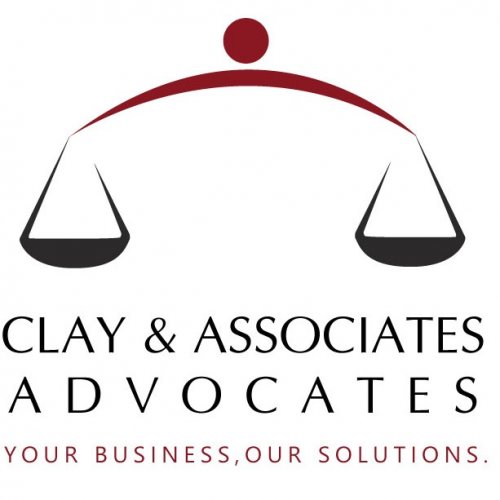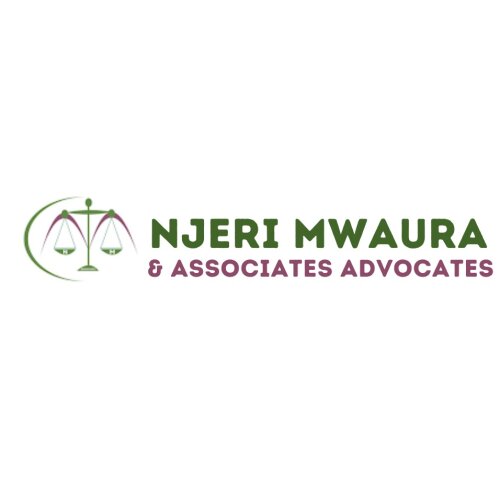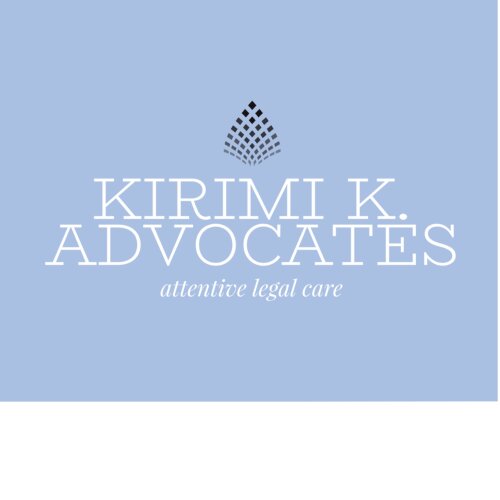About Nonprofit & Charitable Organizations Law in Kenya
Nonprofit and charitable organizations in Kenya are governed by laws that facilitate their registration, regulation, and operations. These organizations play a crucial role in addressing various social, economic, and environmental challenges. They include NGOs, trusts, foundations, and community-based organizations. The legal framework aims to ensure transparency, accountability, and efficient management of resources within these entities.
Why You May Need a Lawyer
There are several situations where seeking legal advice is crucial for those involved with nonprofit and charitable organizations in Kenya:
- Registration: Navigating the complex process of registering a nonprofit organization.
- Compliance: Ensuring that the organization adheres to regulatory requirements to avoid penalties or deregistration.
- Governance: Legal guidance on setting up effective governance structures, such as creating a board of trustees.
- Contracts: Drafting or reviewing contracts and agreements related to funding, partnerships, or employment.
- Dispute Resolution: Handling disputes within the organization or with external parties.
- Intellectual Property: Protecting the organization’s intellectual property, such as logos and publications.
Local Laws Overview
In Kenya, the legal framework regulating nonprofit organizations includes several key aspects:
- Non-Governmental Organizations Coordination Act: This act provides the legal basis for registration and regulation of NGOs.
- Public Benefits Organizations Act: Though not fully operational, this act outlines the rights and responsibilities of nonprofit entities and is aimed at enhancing accountability.
- Income Tax Act: Provides tax exemptions for registered nonprofit organizations, subject to compliance with specific conditions.
- Societies Act: Regulates smaller community-based organizations that do not qualify as NGOs.
- Trust Land Act: Often relevant for organizations involved with community land projects.
Frequently Asked Questions
What is the difference between an NGO and a CBO?
NGOs are officially registered organizations with a wider operational scope and must be registered under the NGO Coordination Act. CBOs are smaller, community-based groups typically registered under the Societies Act or similar local regulations.
How do I register a nonprofit organization in Kenya?
To register a nonprofit, you need to apply to the NGO Coordination Board or the relevant local authority for CBOs, providing necessary documentation such as a constitution, list of officials, and meeting minutes.
Do nonprofits pay taxes in Kenya?
Registered nonprofit organizations in Kenya are eligible for tax exemptions on income, donations, and grants, provided they comply with the applicable regulations of income utilization and reporting.
What governance structure is required for a nonprofit?
Nonprofits typically require a board of directors or trustees to provide governance and oversight, with roles outlined in its constitution or bylaws.
Can a nonprofit organization engage in business activities?
Yes, but any income generated must be used to further the organization’s charitable objectives and not distributed as profits.
How often do nonprofits need to file reports?
Annual reports are generally required by the NGO Coordination Board, detailing the financial status and activities of the organization.
What happens if a nonprofit fails to comply with regulations?
Noncompliance can lead to fines, legal action, and potential deregistration of the organization.
How can a nonprofit protect its intellectual property?
By registering trademarks, copyrights, or patents where applicable, and implementing internal policies to safeguard these assets.
Can foreign nationals serve on the board of a Kenyan nonprofit?
Yes, but foreign board members might need additional working authorizations or permits depending on their roles.
What is the process for amending a nonprofit's constitution?
Amendments typically require approval by a majority of the board or members and must be ratified by the regulatory body that oversees the organization’s registration.
Additional Resources
For those seeking further information or assistance, consider engaging with the following:
- NGO Coordination Board: Primary body for NGO registration and regulation.
- Institute of Certified Public Secretaries of Kenya (ICPSK): Offers guidance on governance and compliance for nonprofits.
- KRA (Kenya Revenue Authority): Provides information on tax compliance for nonprofits.
- Local legal practitioners: Specialized lawyers can offer tailored advice and representation.
Next Steps
If you require legal assistance regarding nonprofit or charitable organizations in Kenya, consider the following actions:
- Identify specific legal needs or issues your organization is facing.
- Reach out to a lawyer specializing in nonprofit law for personalized advice.
- Ensure all organizational documents are in order to facilitate legal consultation.
- Attend workshops or seminars offered by legal bodies to stay informed about regulatory changes and compliance requirements.
Lawzana helps you find the best lawyers and law firms in Kenya through a curated and pre-screened list of qualified legal professionals. Our platform offers rankings and detailed profiles of attorneys and law firms, allowing you to compare based on practice areas, including Nonprofit & Charitable Organizations, experience, and client feedback.
Each profile includes a description of the firm's areas of practice, client reviews, team members and partners, year of establishment, spoken languages, office locations, contact information, social media presence, and any published articles or resources. Most firms on our platform speak English and are experienced in both local and international legal matters.
Get a quote from top-rated law firms in Kenya — quickly, securely, and without unnecessary hassle.
Disclaimer:
The information provided on this page is for general informational purposes only and does not constitute legal advice. While we strive to ensure the accuracy and relevance of the content, legal information may change over time, and interpretations of the law can vary. You should always consult with a qualified legal professional for advice specific to your situation.
We disclaim all liability for actions taken or not taken based on the content of this page. If you believe any information is incorrect or outdated, please contact us, and we will review and update it where appropriate.

















